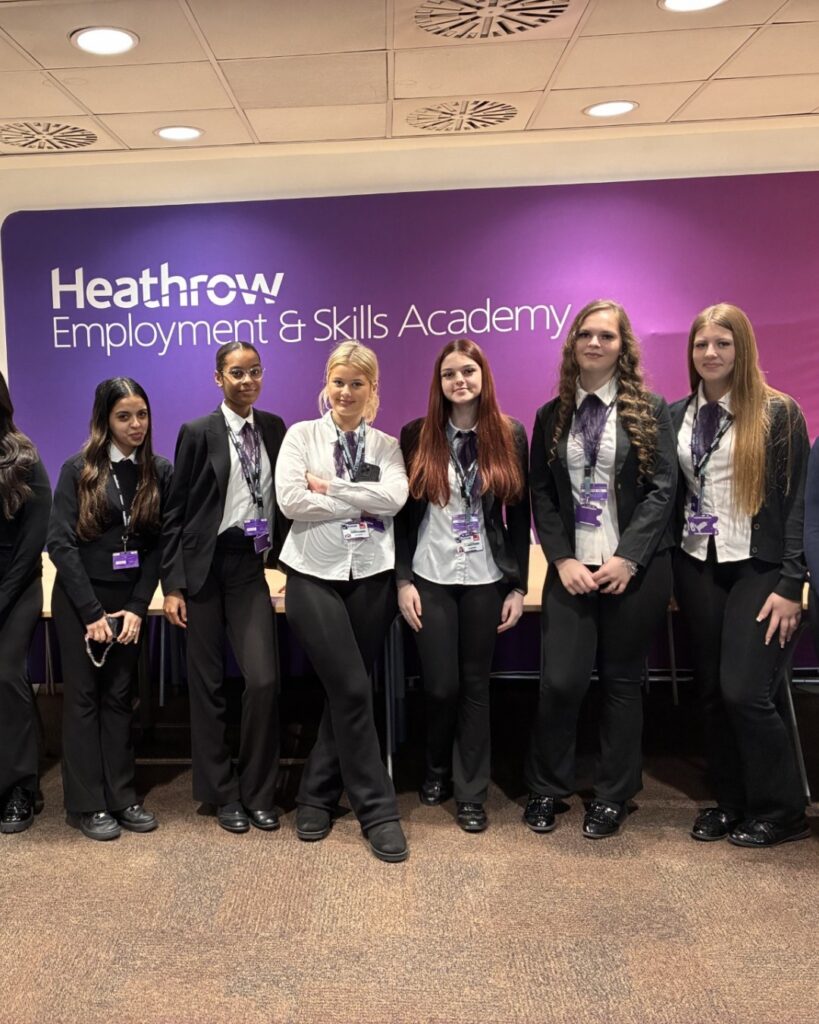Read the thoughts of ESOL teacher Juliana Valadares Saili, who wrote about the way that she uses AI to help her pupils in the latest edition of ‘InTuition‘ magazine.
Are you an educator interested in using AI? Sign up for our AI Edu Summit on Friday 24 October now!
The ‘Transformative tech’ feature in the Summer issue really spoke to me, especially the call to shift away from seeing AI as ‘cheating’. It’s a shift I have had to make myself.
What forced a change in my attitude was when I realised that my students were already using it badly, many doing so to ‘cheat’. I tried banning it but it kept creeping in so I jumped in and educated myself on how to use AI tools myself.
Recent research shows AI detection tools are unreliable (Elkhatat et al, 2023). Now, instead of blocking AI, I train learners to use it like a free personal tutor.
They use it for countless purposes, including to get feedback on spelling, grammar and punctuation, vocabulary explanations, scaffolded practice questions or even as a conversation partner. We talk about what makes a good prompt, how to spot hallucinations and how important it is to keep their own voice.
This approach works. One of my ESOL learners exemplifies this. Every time I introduced an AI feature, she would share three other uses with us. After completing her course, she got involved in planning and delivering workshops for ESOL learners on how AI helped her pass her GCSE maths exam, interviewed a Google representative at our AI Summit, and presented at Bett UK. She wouldn’t have had the confidence to tackle these daunting tasks without AI skills.
In addition to AI instruction, the well-established concept that we must build deep learner knowledge is crucial (Willingham, 2010). We should track confidence and independence, observe writing patterns and even use AI ourselves to summarise notes or flag changes in learner engagement. If AI is part of being competent now (and many employers think it is), we need to empower our learners, not penalise them.
The future of education isn’t about catching students out. It’s about teaching students to think critically and use tools ethically. This starts with us knowing our learners well so that we can inspire them to do their best. We teachers are still the most transformative ‘tech’ in the room.
Juliana Valadares Saili MSET QTLS
ESOL lecturer, teacher, trainer and workshop facilitator at Slough & Langley College
References
Elkhatat AM, Elsaid K and Almeer S. (2023). Evaluating the efficacy of AI content detection tools in differentiating between human and AI-generated text. International Journal for Education Integrity 19:17.
Willingham DT. (2010). Why don’t students like school? A cognitive scientist answers questions about how the mind works and what it means for your classroom. San Francisco, CA: Jossey-Bass.


